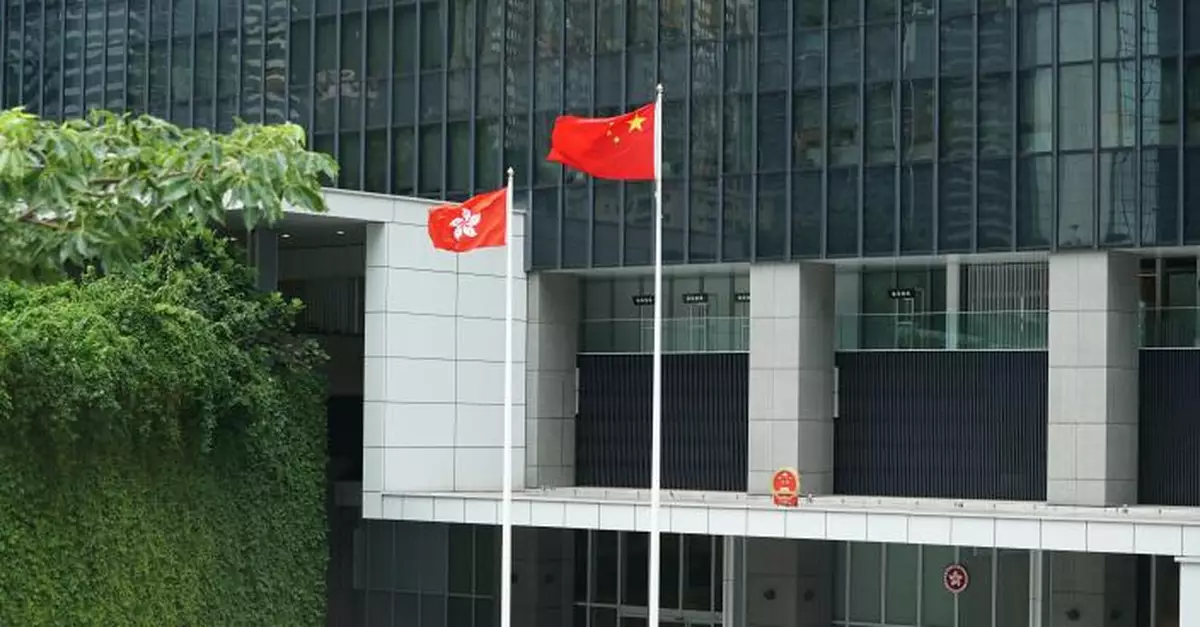Hksar government condemns taiwan's false claims on hong kong national security law, asserts law protects human rights and targets only a minority endangering national security.
The Hong Kong Special Administrative Region (HKSAR) Government today (June 27) strongly condemned and strongly opposed Taiwan authorities' political manoeuvre with fact-twisting smears and slanders exposing malicious intentions which, under the pretext of raising so-called travel alert status, smeared that the risks of travelling to Hong Kong had increased after the implementation of the Hong Kong National Security Law (NSL) and the Safeguarding National Security Ordinance (SNSO) in Hong Kong.
A spokesman for the HKSAR Government said, "It is the constitutional duty of the HKSAR to safeguard national security. In accordance with international law and international practice based on the Charter of the United Nations, safeguarding national security is an inherent right of all sovereign states. Many common law jurisdictions, including western countries such as the United States, the United Kingdom, Canada, Australia and New Zealand, as well as Singapore, have enacted multiple pieces of legislation to safeguard national security. Taiwan authorities turned a blind eye to the fact, made exaggerated remarks, maliciously smeared and demonised the NSL and the SNSO, completely unmasking its double standards."
"The legal framework for safeguarding national security in the HKSAR is fully in compliance with the international standard for the protection of human rights. The NSL and the SNSO clearly stipulate that human rights shall be respected and protected in safeguarding national security. The rights and freedoms, including the freedoms of speech, of the press and of publication, and the freedoms of association, of assembly, of procession and of demonstration, enjoyed by Hong Kong people under the Basic Law and the provisions of the International Covenant on Civil and Political Rights and the International Covenant on Economic, Social and Cultural Rights as applicable to the HKSAR are protected in accordance with the law.
"The offences endangering national security stipulated by the NSL and the SNSO target acts endangering national security with precision, and define the elements and penalties of the offences with clarity. The HKSAR law enforcement agencies have been taking law enforcement actions based on evidence and strictly in accordance with the law in respect of the acts of the persons concerned. The prosecution has the burden to prove beyond reasonable doubt that the defendant had the actus reus and mens rea of an offence before the defendant may be convicted by the court. Ordinary travellers (including travellers from China's Taiwan region) will not engage in acts and activities endangering our national security and will not unwittingly violate the law.
"The offences endangering national security only target an extremely small minority of people who endanger national security and the safety of Hong Kong. Safeguarding national security is fundamentally consistent with the respect for and protection of human rights. Safeguarding national security is for better protecting the fundamental rights and freedoms of HKSAR residents and other persons in the HKSAR and ensuring the property and investments in the HKSAR are protected by the law," the spokesman reiterated.
"The HKSAR Government strongly urges Taiwan authorities to stop smearing the NSL and the SNSO. The despicable manoeuvre with politics is doomed to fail."






